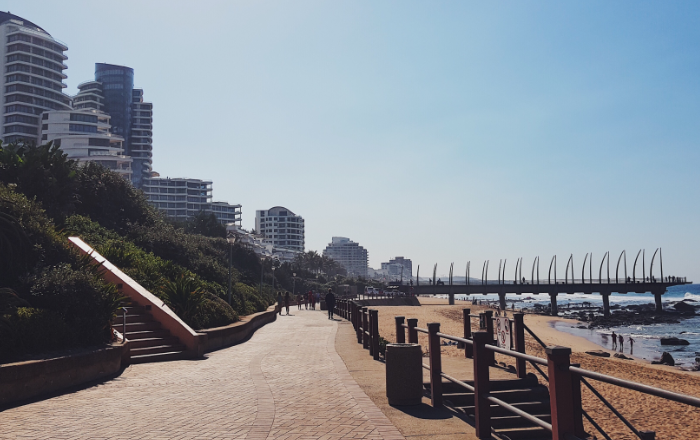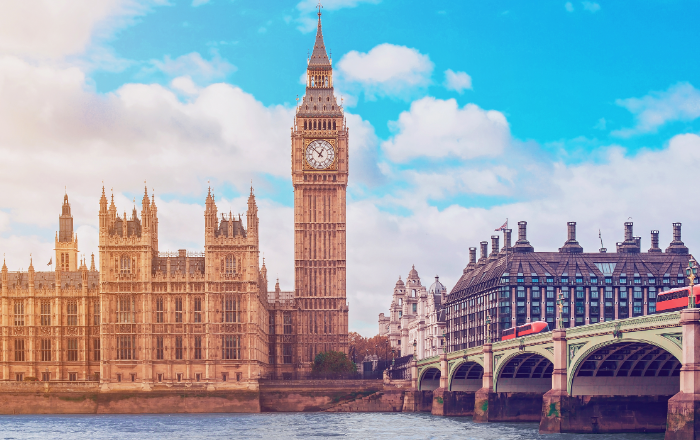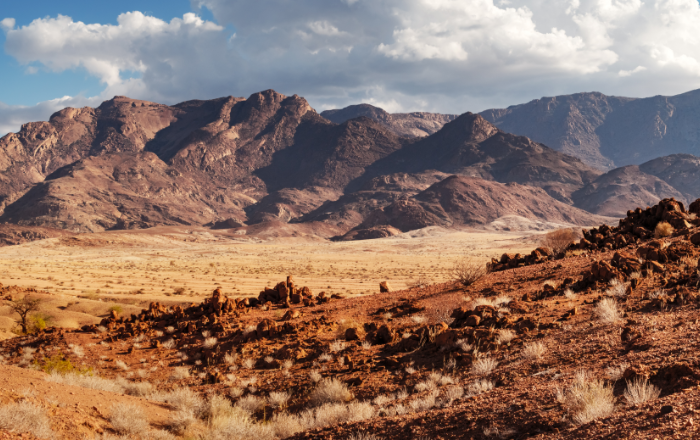Flight tickets from Port Elizabeth to Newark
Welcome to Newark, New Jersey, a dynamic city with a rich history and unique cultural identity. Located in Essex County, just 15 miles from Manhattan, Newark is home to some of the nation’s top industries including shipping, finance, insurance, shipping, and education. Newark is also home to world-class museums, gardens, and universities, making it an ideal destination for travelers from around the world. In this text, we will explore the many facets of Newark, from its incredible attractions to its cultural and economic importance. We will consider Newark's past, present and future, taking a closer look at how this iconic city has evolved and changed throughout the years.
Getting to Know Newark
Newark is the most populous city in the U.S. state of New Jersey, with a population of 285,154 in 2019. It is part of the New York metropolitan area and falls within the Eastern Time Zone. The official languages are English and Spanish, although many other languages are spoken. The currency used in Newark is the United States Dollar (USD). Newark also has several minority ethnic groups, such as Portuguese, Italian, and Irish. The city also has a variety of long-standing institutions of higher learning, including Rutgers University, the New Jersey Institute of Technology, Essex County College, and the University of Medicine and Dentistry of New Jersey. Newark is a vibrant city with a multicultural identity.
Climate and Weather
The climate of Newark, New Jersey is a humid subtropical climate. The summers are usually hot and humid, with temperatures between 80°F and 85°F. Thunderstorms are common during the summer and storms can produce heavy downpours and occasional flooding. Winters are generally cool and damp with temperatures rarely dropping below 30°F. Spring and fall are mild with temperatures in the mid-60s. Precipitation is evenly distributed throughout the year, although slightly higher in the summer months. Newark is generally snow-free throughout the winter months. On average, there are around 40 days with measurable snowfall each year. The city of Newark is most vulnerable to extreme weather events such as hurricanes, strong thunderstorms and tornadoes. Newark can also be affected by sea level rise due to its proximity to the ocean. Sea levels are expected to continue to rise in the coming years and could cause flooding in the city.
Touring Newark: Airport and Transportation
There are three airports in Newark: Newark Liberty International Airport (EWR), Essex County Airport (CDW), and Teterboro Airport (TEB). You can take the AirTrain from Newark Liberty International Airport to Newark Penn Station for a fee of $5.60 (one-way). You can also take buses 51, 62, 67, or 107 from Newark Penn Station to downtown Newark. There is a currency exchange at Newark Liberty International Airport.
Exploring the Rich History and Culture of Newark
- Newark is the most populous city in New Jersey and is home to a number of historical sites and attractions. The city is known for its vibrant African-American culture and is home to some of the most iconic jazz clubs and venues in the country
- Newark features a vibrant Hispanic and Portuguese cultural community with lively restaurants, markets, theaters, and festivals throughout the year
- The city is also known for its iconic art, with galleries and murals providing a unique urban street experience. Newark is also home to many universities and educational institutions, making it a great place for the curious tourist in search of unique historical information
Check the weather before buying a ticket from Port Elizabeth to Newark
Q&As for booking flights from Port Elizabeth to Newark
How long is the flight from Port Elizabeth to Newark?
The flight from Port Elizabeth to Newark is about 18 hours.
How far is the flight from Port Elizabeth to Newark?
The flight from Port Elizabeth to Newark is approximately 10 hours.
Which airlines fly direct from Port Elizabeth to Newark?
As of May 2021, JetBlue is the only airline with direct flights from Port Elizabeth to Newark.
How many airports are there in Newark and what are their official names.
The Newark area is served by three airports: Newark Liberty International Airport, Newark Penn Station, and LaGuardia Airport.
How many flights are there a week from Port Elizabeth to Newark?
There are 34 flights a week from Port Elizabeth to Newark.
When is the cheapest time to buy a ticket from Port Elizabeth to Newark?
The cheapest flight prices from Port Elizabeth to Newark are usually found on Tuesday or Wednesday.
How can i get from the main airport to downtown in Newark and how much does it cost?
Newark Liberty International Airport is located approximately 8 miles from downtown Newark. To get from the airport to downtown Newark, you can take a taxi, Uber, or Lyft for about $30-$40. You can also take the Newark AirTrain to the Newark Liberty International Airport train station, and then take a NJ Transit train into Newark Penn Station. The train ride will take about 15-20 minutes and cost $13.











